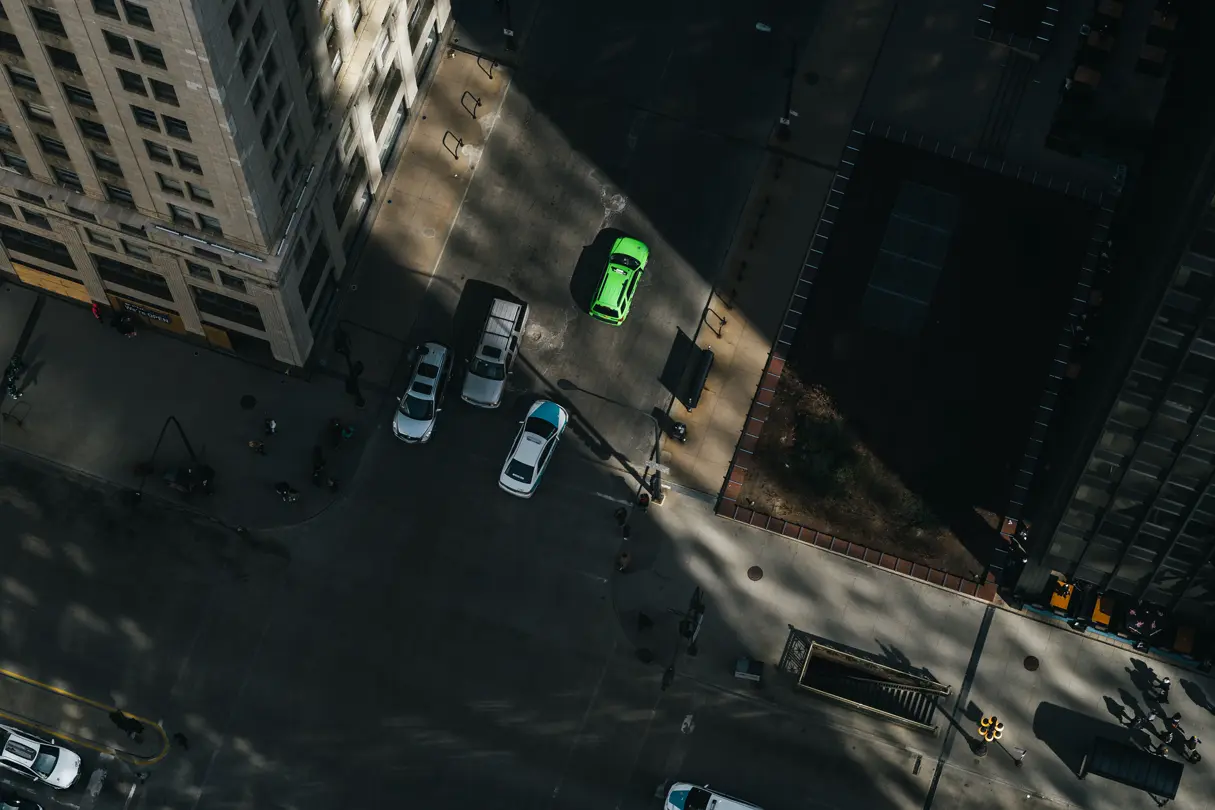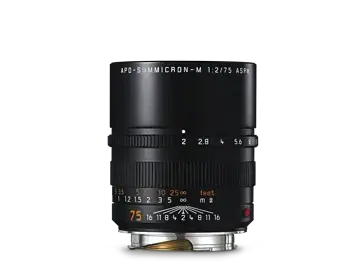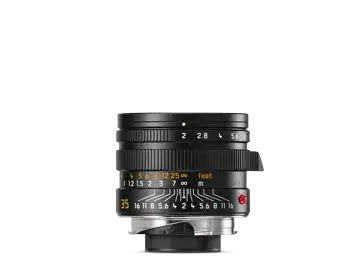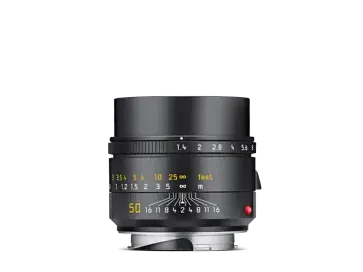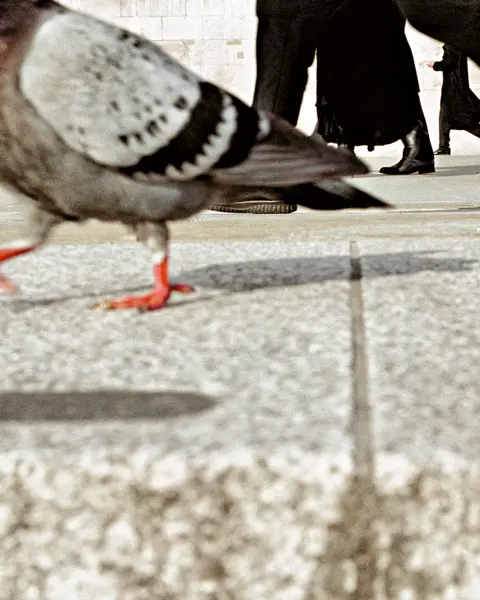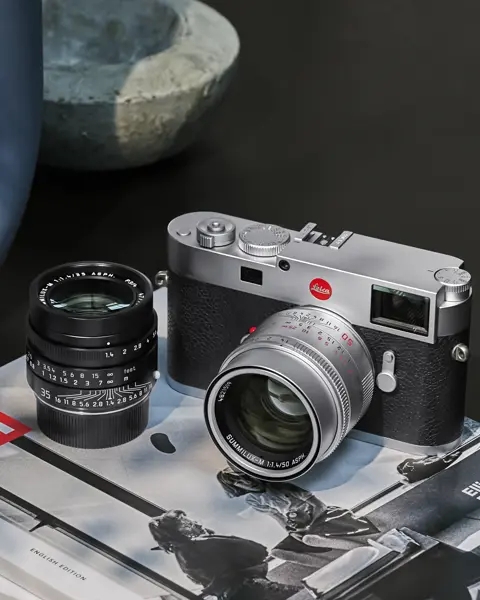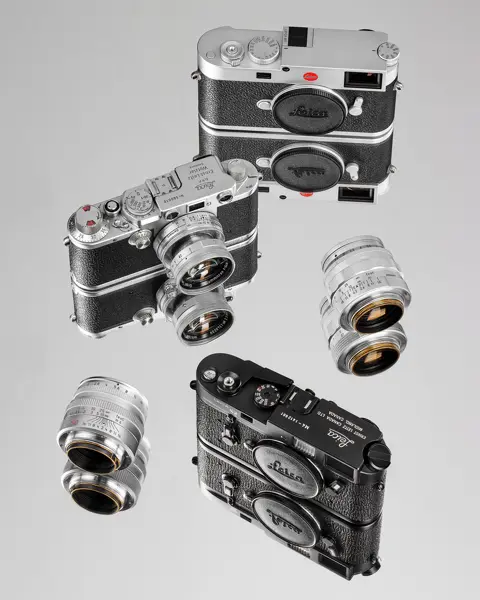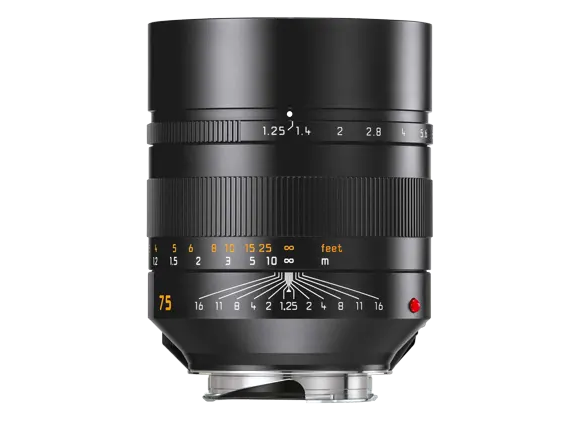

A Revolution in Portrait Photography
The Noctilux-M 75 f/1.25 ASPH. is designed for the moment where closeness, depth and expression come together. This high-speed M-Lens allows you to capture the essence of a person, a gesture or a glance in its purest form. Every shot presents itself as a finely tuned dialogue between photographer and subject. Intense, paired down, personal. This lens is a tool for emotional portraits and visionary mise-en-scène. It not only brings light to the sensor but emotion to the image. This is where photography starts to be more than reproduction.

Unbeknownst to me, this lens is directly responsible for my growth as a photographer, as I pushed myself to create work that was better than that of the previous day.
Sean Hopkins, photographer
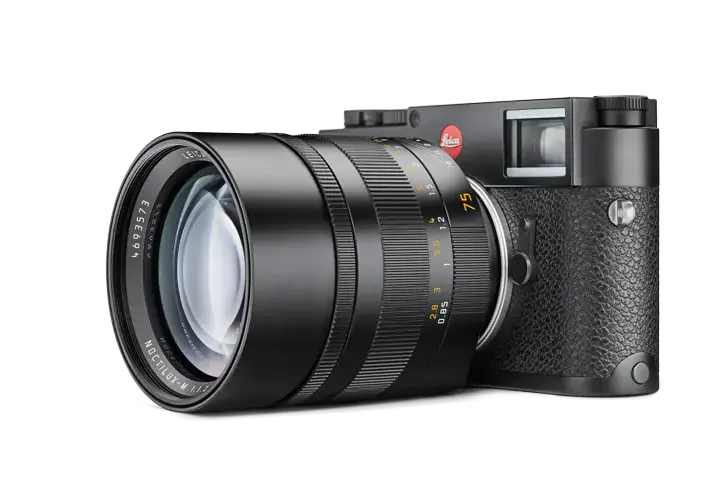
For over 50 years, the name Noctilux has been synonymous with cutting-edge technology that pushes the envelope of what is physically possible. Extraordinary engineering “Made in Germany” has formed the basis for this. The Leica Noctilux-M 75 f/1.25 ASPH. embodies everything expected of a legend: wafer-thin depth of field, phenomenal image performance and exceptionally soft bokeh – a photographer’s dreams come true.
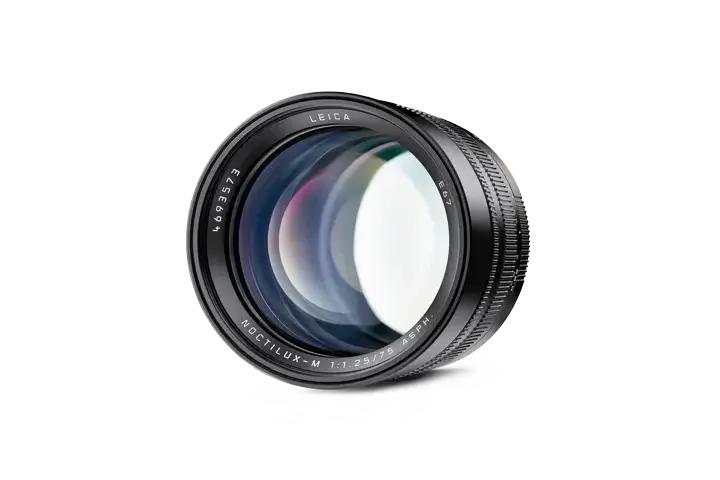
The optical design really puts the spotlight on the subject through exceptionally detailed extraction, imparting images with a distinctive character. With a focal length of 75 mm, it is made for natural-looking portrait photography with an exceptionally close focus distance for this lens speed of 85 cm and a reproduction ratio of 1:8.8. A lens for M and SL photographers seeking something exceptional and aiming to infuse their imagery with creativity.
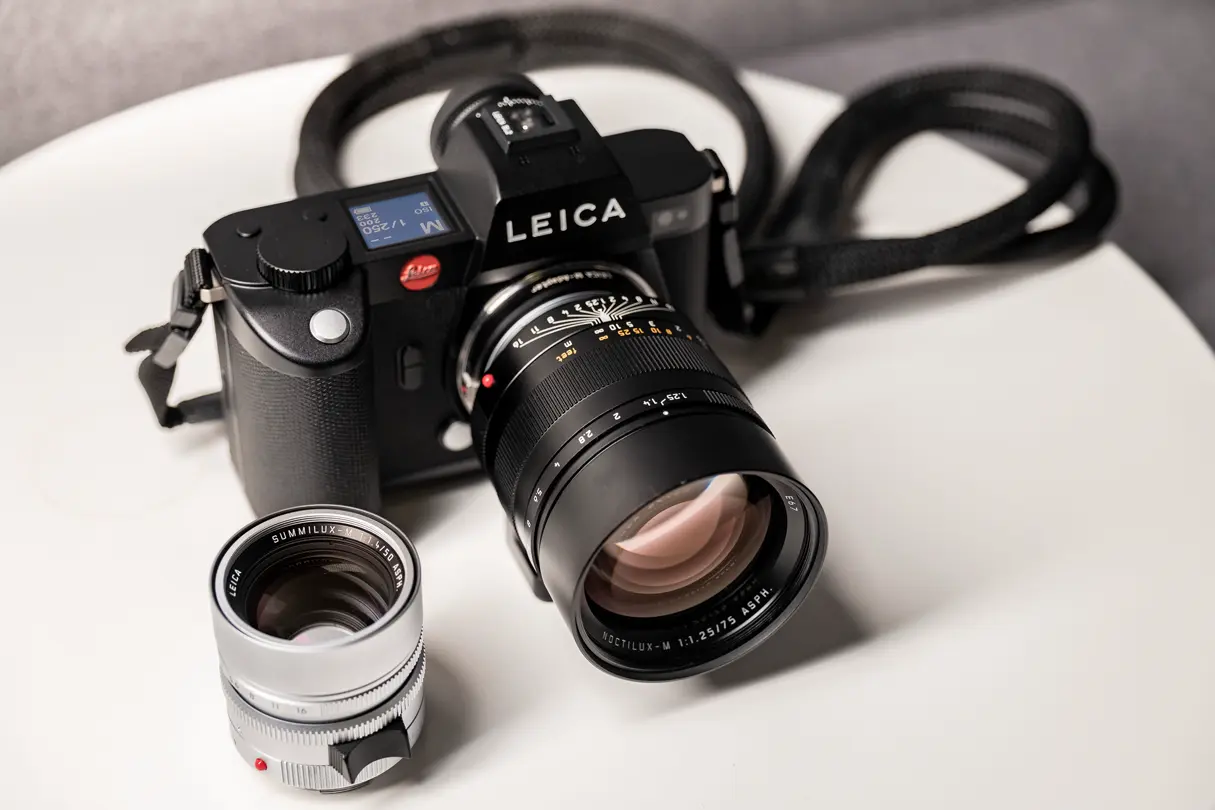

We pulled out all the stops we had at our disposal for this lens.
Peter Karbe, Leica Camera AG
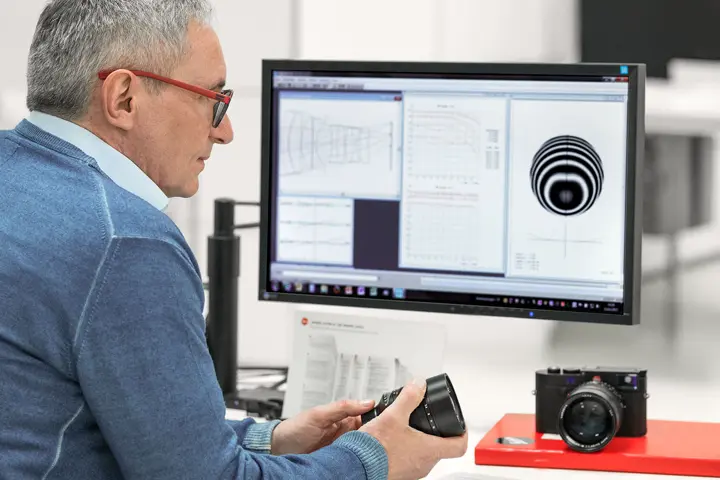
Only glass types with high anomalous partial dispersion and little chromatic dispersion came into question during development of the Noctilux-M. This made it possible to increase the imaging performance of the Noctilux-M 75 f/1.25 ASPH. significantly, even compared to that of the Noctilux-M 50 f/0.95 ASPH.
Particular emphasis has been placed on the use of a floating element within the complex focusing mechanism, guaranteeing a consistently high level of performance throughout the entire focusing range. Read the blog post to learn what Peter Karbe from Leica Camera AG has to say about the Noctilux-M 75 f/1.25 ASPH.
The Noctilux-M 75 f/1.25 APSH. is a masterpiece of Leica optical engineering and stands out for its maximum lens speed, highest precision and exceptionally aesthetical imagery. With 9 lens elements in 6 groups, including two aspherical elements and lenses with anomalous partial dispersion, it has been developed to set the highest standards of sophisticated photographic design. The large f/1.25 aperture enables images with an extremely shallow depth of field, extracting the subjects via soft transitions that almost seem three dimensional. The harmonious bokeh combined with highly accurate details and natural colour rendering lend each image depth, expressiveness and character. The Noctilux 75’s optical performance positions it as one of the most exceptional lenses in the Leica M-System.
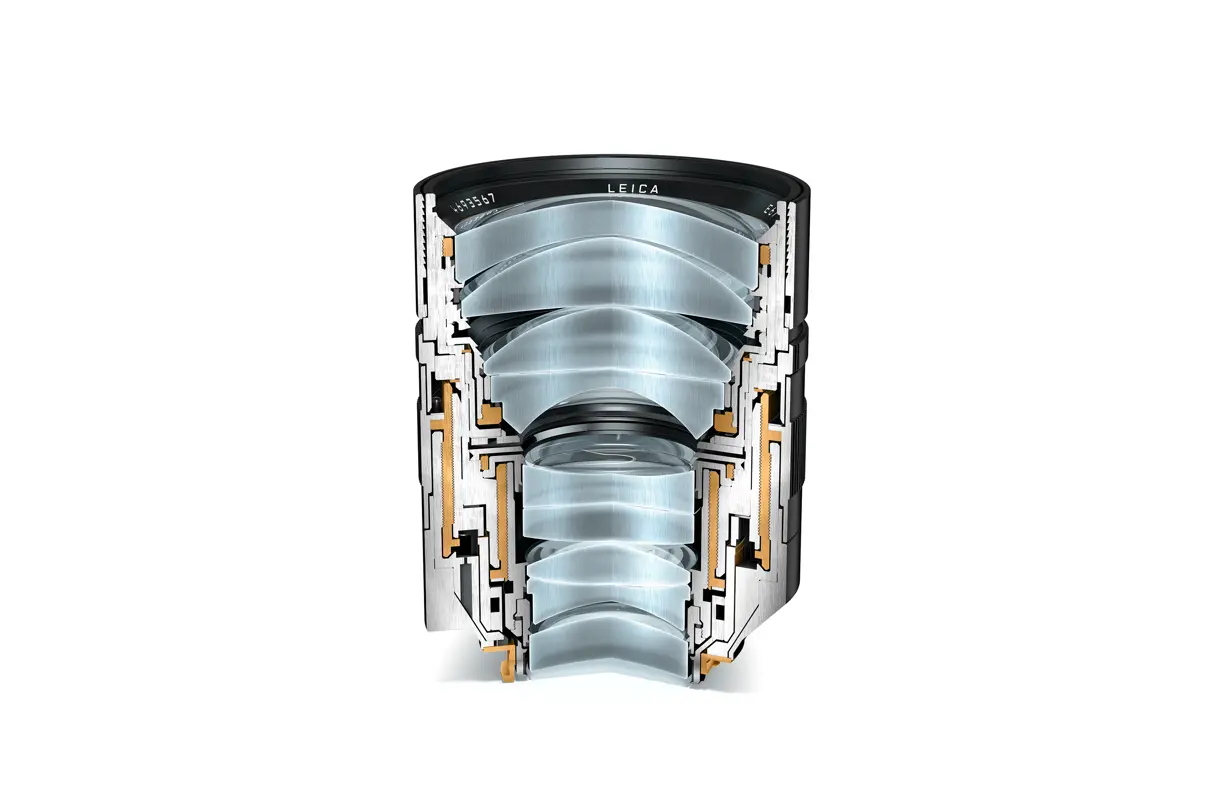
Cross-section of the Noctilux-M 75 f/1.25 ASPH.
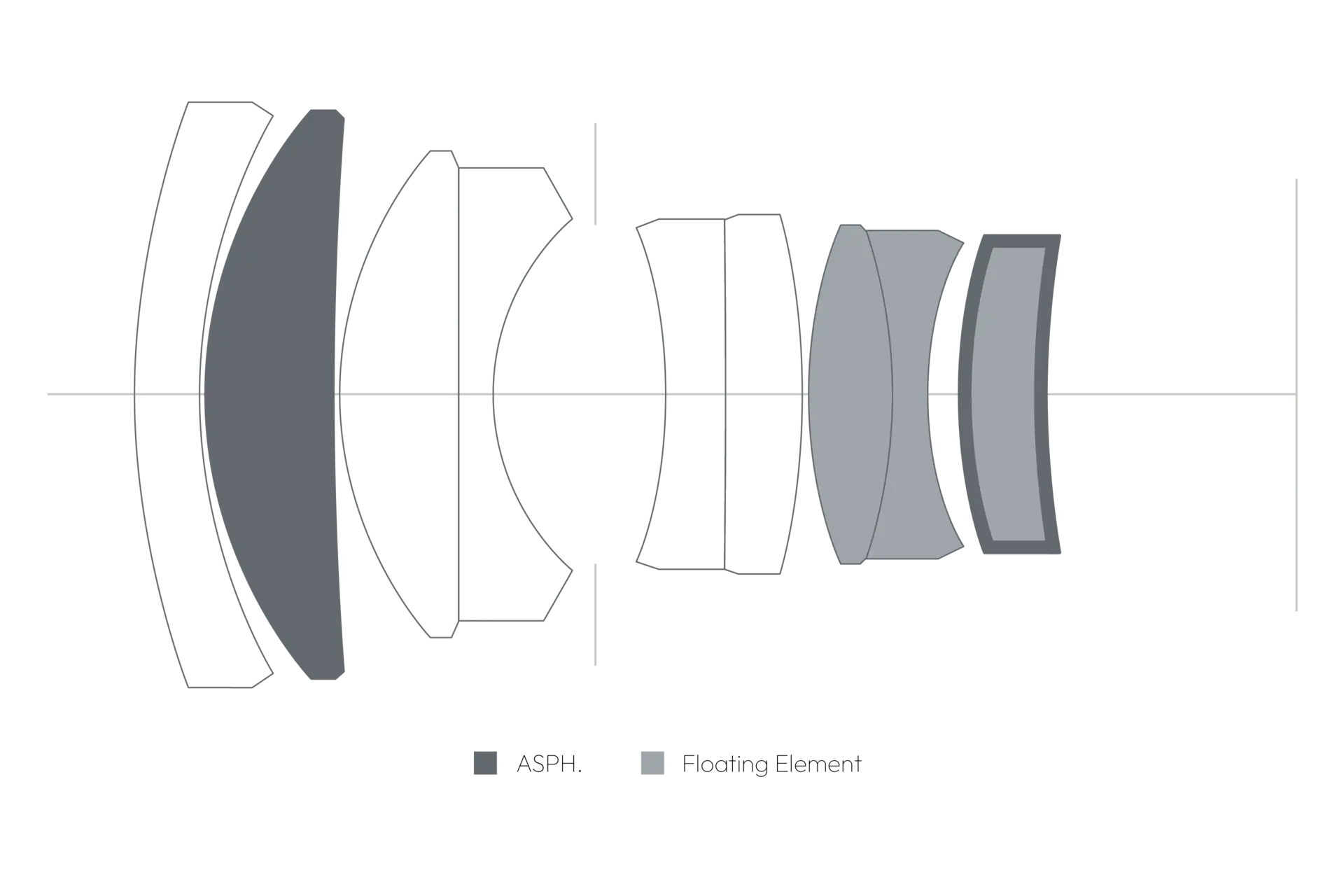
Discover more Leica M-Lenses
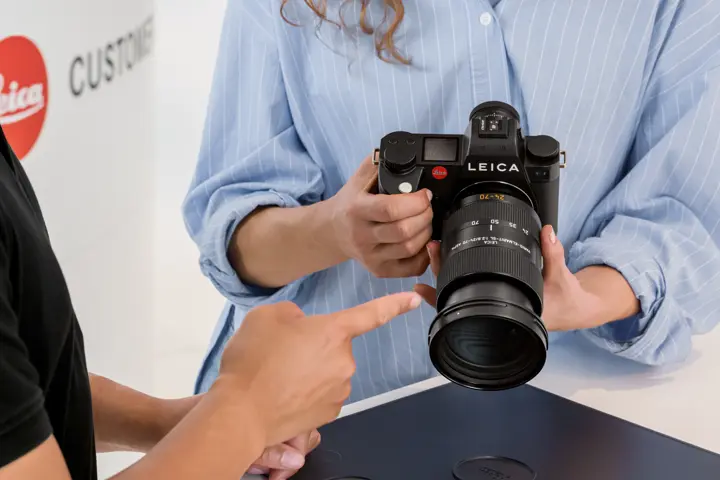
Discover the world of Leica with an Expert
Elevate your Leica experience with our team of Leica Experts and learn more about our services.





